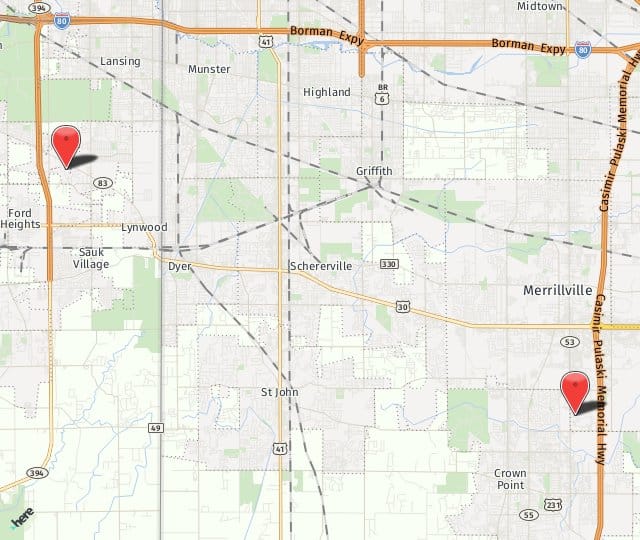Commonly referred to as “lazy eye,” amblyopia is a condition that would be better described as “wandering eye.” In patients with amblyopia, visual information is transmitted poorly (or not at all) between the optic nerve and the brain. Sometimes this problem lies in the brain, and other times it has more to do with decay of the optic nerve. The brain, for example, will occasionally stop receiving signals from one eye in order to avoid double vision. It is possible, but extremely rare, for a person to be amblyopic in both eyes.
Symptoms of amblyopia include poor depth perception, blurred vision, and sensitivity to motion. Most symptoms are very minor, however, and most people are unaware that they have the condition until they are tested later in life. If you or your child is experiencing the aforementioned symptoms, or if you’ve noticed the eye wandering, call our office for an appointment as soon as possible.
Development of amblyopia is most likely to occur in the most formative period of brain development (birth to two years), especially when vision has been obstructed in one or both eyes for a prolonged period of time. This visual deprivation will lead to a weakening of the connection between the optic nerve and the brain, which leads to an increased chance of developing neuro-ocular disorders. The most common causes include:
- Congenital cataracts
- Strabismus (crossed eyes)
- Anisometropia (two eyes have significant different refractive power)
- Extreme astigmatism in one eye
If you or your child have any of these disorders, you are at increased risk for developing amblyopia. This disorder, even in its mildest form, can lead to everything from learning disabilities to a physical injury or accident. Often this condition goes undetected for years, and the individual no longer knows that his or her perception is different from anyone else’s. Contact our office today if you are experiencing symptoms of amblyopia.

